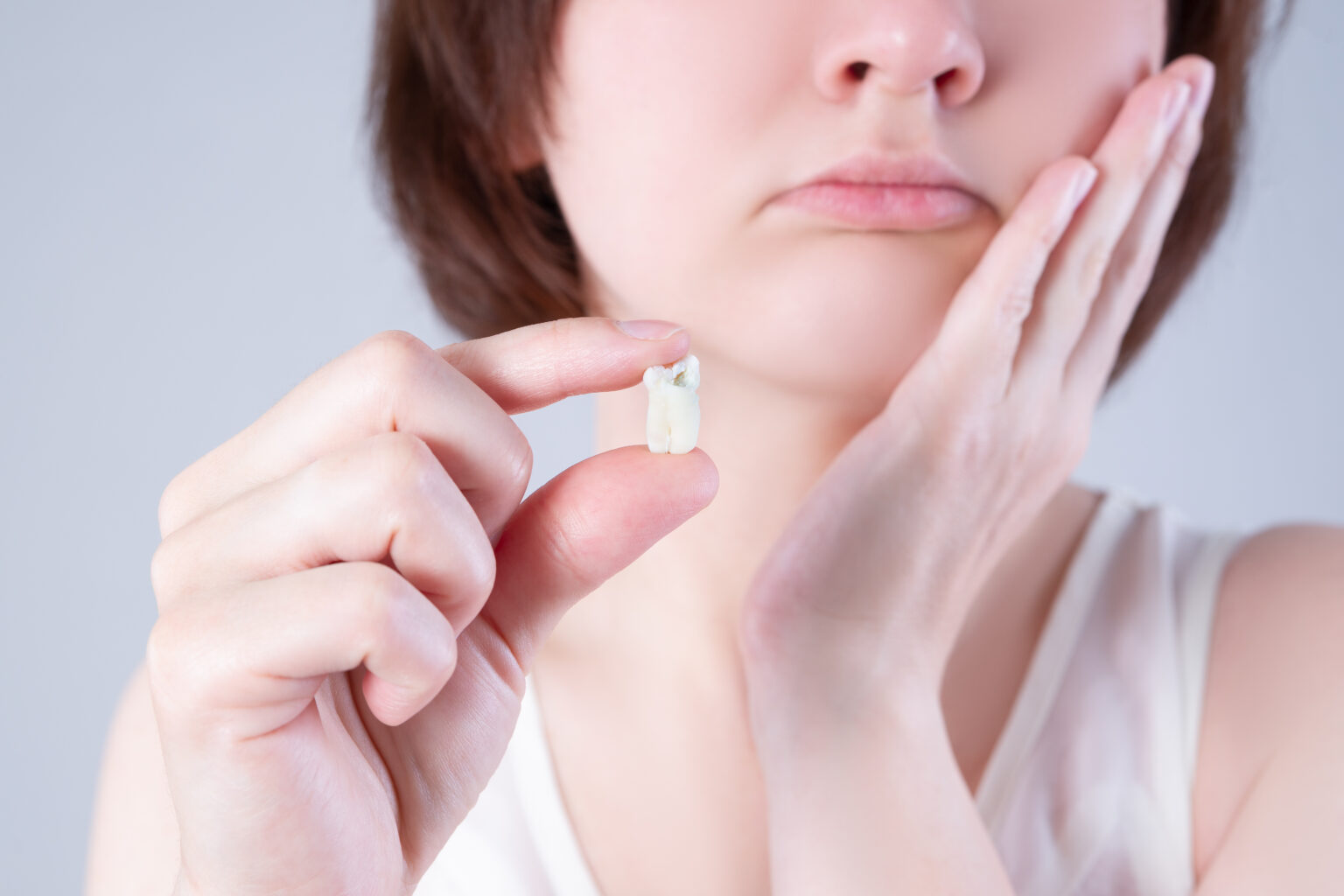Wisdom Teeth
Wisdom teeth removal is a common dental procedure that many people undergo during their late teens or early twenties. But why wisdom teeth removal is essential for oral health goes beyond just routine care. These third molars, which emerge at the back of the mouth, can cause various complications if left untreated. Understanding the reasons behind this can help patients make informed decisions about their dental health.
What Are Wisdom Teeth?
Wisdom teeth, or third molars, are the last set of molars to develop. They typically erupt between the ages of 17 and 25, a period often referred to as the “age of wisdom.” Although some people have enough room in their mouths for these teeth to grow in properly, many do not. This lack of space can lead to problems such as crowding, impaction, and infection.
Why Wisdom Teeth Removal Is Essential for Oral Health
Preventing Impacted Teeth
One of the main reasons why wisdom teeth removal is essential for oral health is the risk of impaction. Impacted wisdom teeth do not have enough room to fully emerge or develop normally, which can lead to pain, swelling, and infection. Impacted teeth can also push against adjacent teeth, causing misalignment and damage.
Avoiding Crowding and Misalignment
When wisdom teeth begin to grow, they can exert pressure on surrounding teeth, potentially causing them to shift or crowd. This pressure may reverse years of orthodontic treatment or create new misalignment issues. Removing wisdom teeth at the appropriate time helps maintain the alignment of other teeth and supports overall oral structure.
Reducing the Risk of Infection and Gum Disease
Partially erupted wisdom teeth are difficult to clean properly, which makes them susceptible to bacterial buildup. This can result in pericoronitis, an infection of the gum tissue around the tooth, leading to pain and swelling. Moreover, bacteria can contribute to gum disease, which affects the health of the entire mouth.
Preventing Cysts and Tumors
In some cases, cysts or tumors may form around impacted wisdom teeth. These growths can cause damage to the jawbone and surrounding teeth if left untreated. Early removal of wisdom teeth lowers the risk of developing these complications, which may require more extensive surgical interventions.
Reducing Discomfort and Pain
Many people experience pain, swelling, or discomfort as their wisdom teeth emerge. Removing these teeth can alleviate ongoing pain and prevent future episodes. This enhances the overall quality of life by reducing dental discomfort and allowing for better oral hygiene practices.
When Should Wisdom Teeth Be Removed?
Dentists often recommend removing wisdom teeth before they cause problems rather than waiting for symptoms to arise. This proactive approach helps prevent many of the issues associated with impacted or problematic wisdom teeth. Typically, an oral examination and X-rays will reveal whether removal is necessary.
Early removal may be advised if:
- There is insufficient space for wisdom teeth to erupt.
- Wisdom teeth are impacted or likely to become impacted.
- There is evidence of decay or infection.
- Crowding or misalignment is occurring or anticipated.
What to Expect During Wisdom Teeth Removal
Wisdom teeth removal is usually an outpatient procedure performed under local anesthesia, sedation, or general anesthesia, depending on the case. The oral surgeon will make an incision, extract the teeth, and then close the site with stitches if needed. Recovery generally takes a few days, with some swelling and discomfort, but most patients recover quickly and without complications.
Caring for Your Mouth After Removal
Proper aftercare is critical to ensure a smooth recovery and avoid complications such as dry socket or infection. Dentists typically recommend:
- Keeping the area clean but avoiding vigorous rinsing for the first 24 hours.
- Taking prescribed medications for pain and infection prevention.
- Eating soft foods and staying hydrated.
- Avoiding smoking and drinking through straws to prevent dry socket.
Following post-operative instructions closely helps maintain oral health during the healing process.
Final Thoughts
Understanding why wisdom teeth removal is essential for oral health can help you take the right steps in managing your dental care. From preventing impaction and misalignment to reducing the risk of infections and cysts, removing wisdom teeth when necessary preserves the integrity of your mouth and supports long-term oral wellness. If you are unsure about your wisdom teeth, consulting with your dentist or oral surgeon is crucial to determine the best course of action tailored to your needs. Prioritizing this aspect of dental health can keep your smile healthy and pain-free for years to come.


